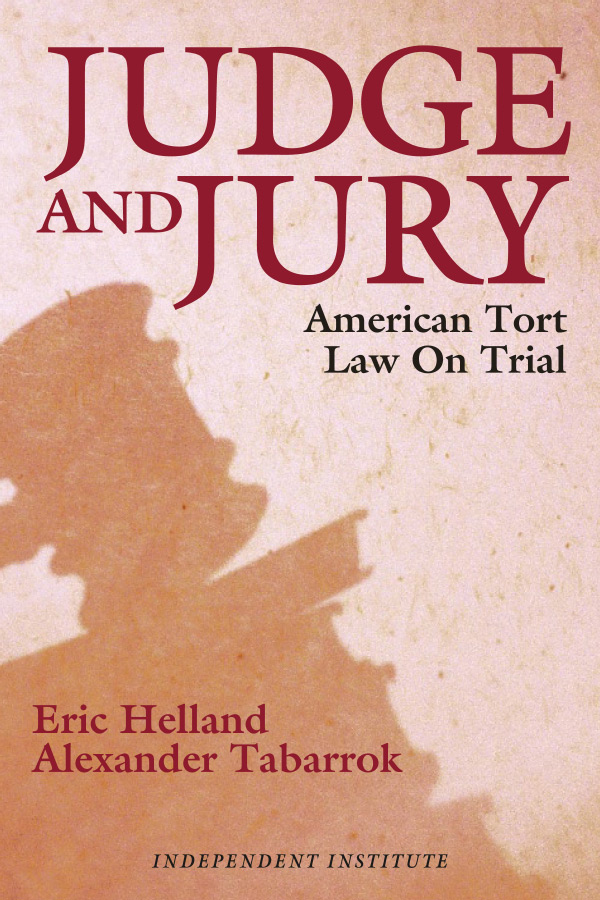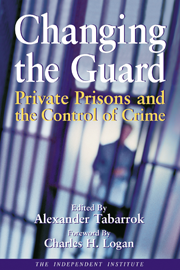It seems that everyone is using the Internet to become more efficient, even Congress. In July, for the first time ever, Congress used the internet to send a bill to the president. For security, the legislators encrypted the bill using PGP (pretty good privacy). PGP is the same sort of software which, if you try to distribute it on the internet, can get you thrown into a jail as an international arms merchant. The CIA, the NSA, the Commerce Department and other agencies have fought in court to prevent the American public from having access to these sorts of advanced encryption techniques. Apparently, it’s one set of rules for the government and another for mere citizens.
If the Clinton Administration continues to treat encryption techniques like arms then perhaps we ought to remind them of the second amendment. The founding fathers blessed us with the right to keep and bear arms so that the people would always have a safeguard against tyranny. Encryption techniques are a similar bulwark protecting liberty.
The Berlin wall would never have remained standing for so long if the East German Stasi had not been able to monitor the telephone conversations and open the mail of every East German citizen. Unlike former East Germans, U.S. citizens need not be paranoid about the potential abuse of government power. But it would be foolish to ignore the fact that in the past the FBI has bugged peaceful civil rights leaders, like Martin Luther King, as well as members of Congress and the Supreme Court.
Nor is government monitoring of phone calls a thing of the past. Have you ever made a phone call to anyone outside of the United States? Your phone call was probably bugged and recorded. The National Security Agency (NSA) uses supercomputers to eavesdrop on millions of international phone calls, faxes, email messages and other data transmissions. The name of any U.S. citizen is supposed to be erased whenever a human analyzes captured recordings. But the Echelon surveillance network is run jointly by U.S., British, Canadian, Australian and New Zealand spy agencies and no law prevents the agencies of other countries from spying on US citizens. According to Mike Frost, a former employee of Canada’s NSA-counterpart, the NSA and other intelligence agencies get around laws against spying on their own citizens by asking their international counterparts to do it for them.
Encryption is useful for more than protecting our privacy from the intrusions of big brother. Everyone who has used the internet to buy books, music, or computer supplies appreciates the necessity of encrypting financial information like credit card numbers. As more and more people use the net to apply for home loans, buy automobiles, or do their banking, financial security becomes even more important. But it’s not just financial information which needs to encrypted, privacy is important when researching and transmitting medical information or when writing letters to a lover. Would you leave your love letters lying open for public view? Businesses too are using the internet to speed communication of ideas and documents among corporate divisions in different parts of the country and the world. Encryption is necessary to keep all of this information private, secure, and confidential.
Fortunately, the courts have been more respective of individual rights than Congress and the Clinton administration. The Ninth Circuit recently struck down Clinton’s executive order prohibiting the internet publication of encryption techniques. The administration is almost certain to appeal, however and Congress isn’t giving up either. Two years ago, Congressman Porter Goss (R-Florida) tried to make it a crime to distribute PGP and other encryption software, such as that built into the latest versions of Netscape Navigator and Internet Explorer. Now that that plan has failed he wants to pay software developers a bribe when they help the government pry into our private lives. Goss is promoting legislation which will give developers of encryption software a 15% tax break but only if the developers give the government a key to open any "secure" files. Goss’s bill is unlikely to pass but it’s a good indication of how eager the government is to listen in on our private conversations and how careful we must be not to let this happen.












